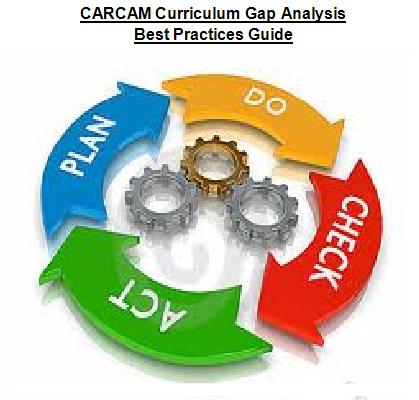|

|
| Following President Obama`s most recent state of the union address, where he examined the possibility of changing the way community colleges are funded, Vrocher said he has already seen the system excel despite the lack of funding. |
|
Aaron Connell, 20, graduated from Shelton State Community College in Tuscaloosa after a year and immediately found work at Hunt Refining Co.
"The on-the-job experience is greater than anything you can learn in a classroom," he said.
Connell, like many other young people entering the workforce, chose to pursue an education through a trade program at Shelton State. It's a path being encouraged at the federal level, with President Obama saying in his recent state of the union address there should be a change in how community colleges are funded with a potential for free two-year degrees to boost workforce training.
Chester Vrocher, executive director for the Alabama Technology Network, said this is a trend that will continue to feed workforce development around the state by having the right programs to train workers for in-demand jobs.
"For those students to be able to get into those programs that feed our industries, like aerospace and health care, the community colleges will have to be poised to be able to help those people move up from a low-wage job to a middle-skill, high-wage job," he said. "That is where a community college can be a leader in workforce development."
As for the scramble for community colleges funding, Vrocher said he has already seen the system excel despite it.
" College presidents have also had to raise tuition in order to be able to retain and pay staff and keep the facilities open because state funding has decreased," he said. "That's driven the tuition that students have to pay where it is prohibitive for some of our lower-income, first-time college attendees often in the community college."
Vrocher also said if community college is made free across the board, that traditional four-year universities will still have something to gain.
"It's a known fact that students who complete their associate degree, the academic transfer students, graduate at a higher rate from the major four-year universities than students that begin as freshman at a four-year university," he said. "If we say community college is free, then some of the students not attending today will go to technical programs and go into welding or nursing and go straight to work. I think you will see four-year universities will be getting more students to come in and get their bachelor's degree."
Connell said the skills learned at Shelton State gave him much more than a paycheck.
"People should know that programs like this are designed to get them into a job," he said. "Experience can't be replaced by knowledge. This program didn't prepare me for a job, it prepared me for a career."
Despite the ever-changing job market, Connell said students need to take advantage of a burgeoning educational opportunity.
"The job market is tight," he said. "The company has now invested time and money in you and, if you prove to be a valuable employee, they will want to keep you. And also if someone gets in a program like this, they need to realize what kind of an opportunity they have been given."
Full Article: http://www.bizjournals.com/birmingham/news/2015/01/30/more-than-a-paycheck-alabama-community-colleges.html?page=all
|



























